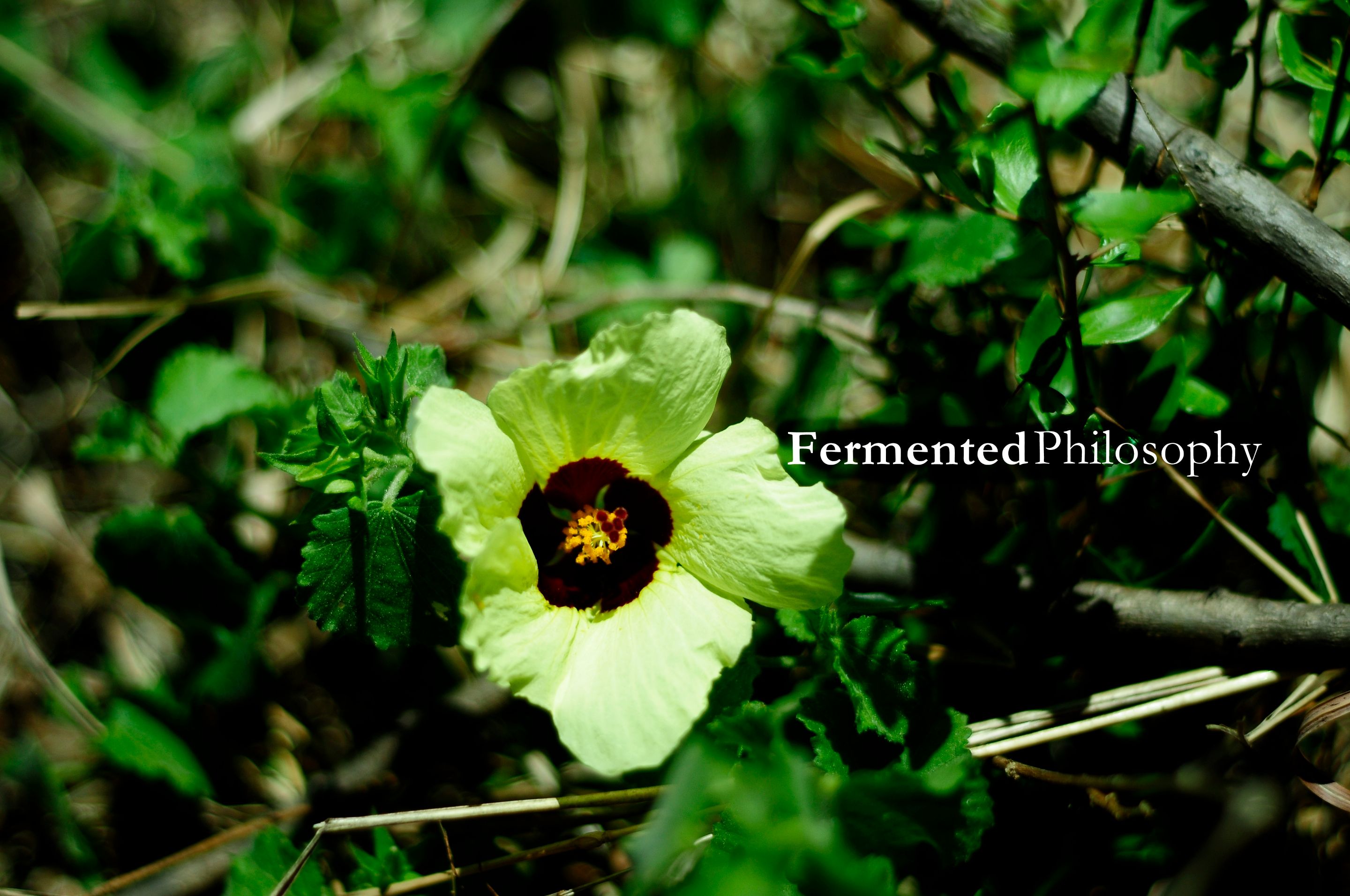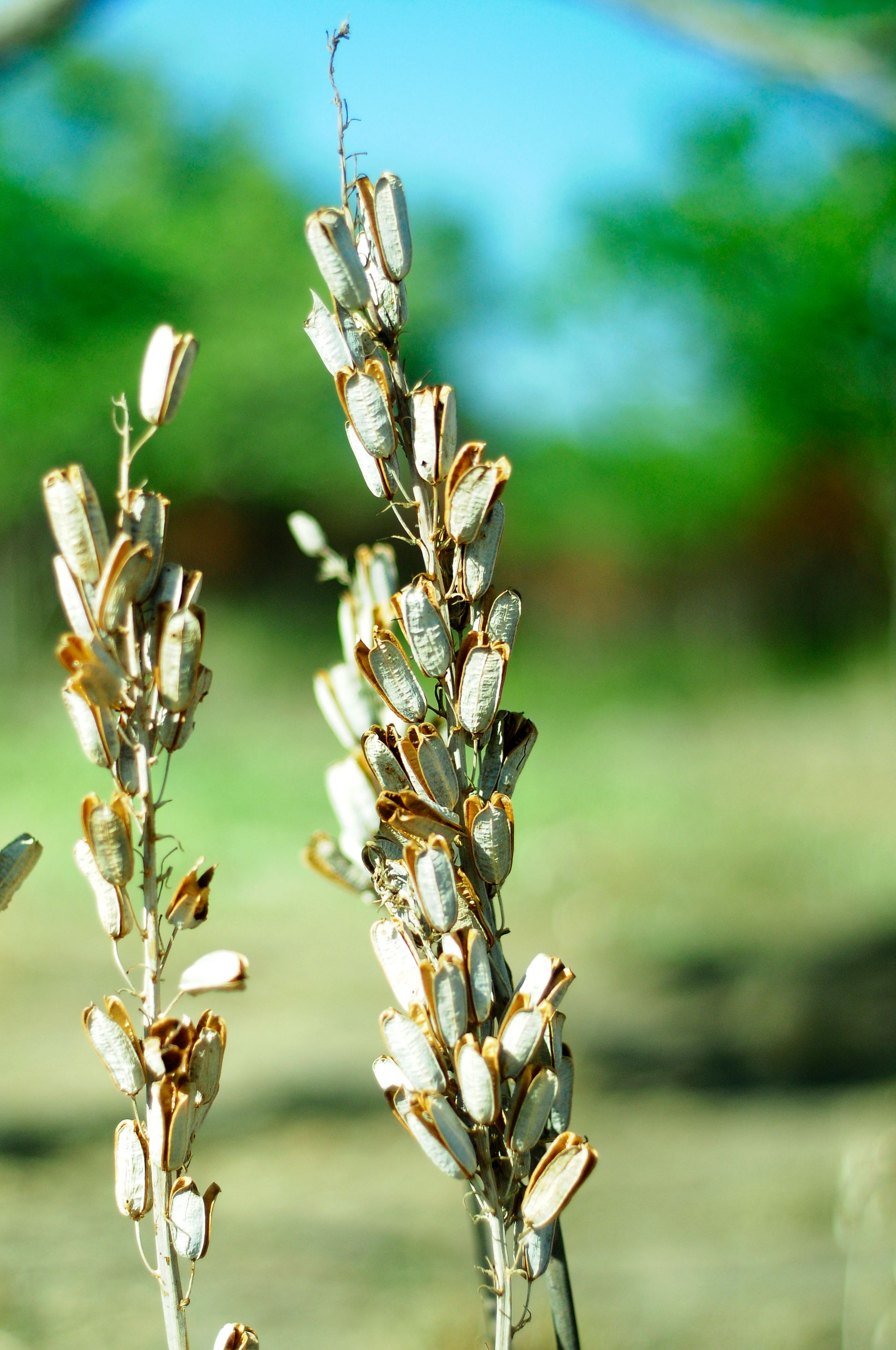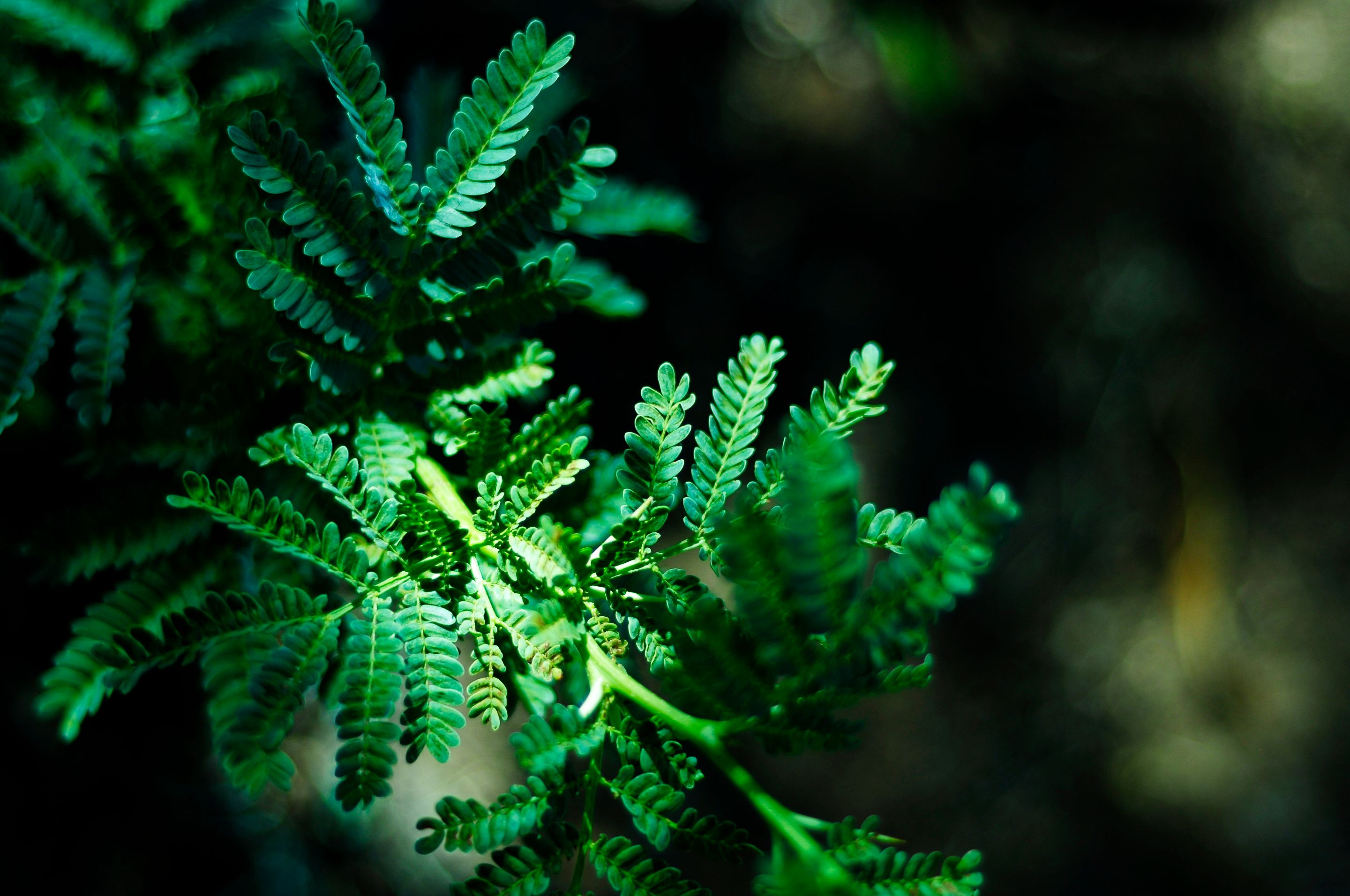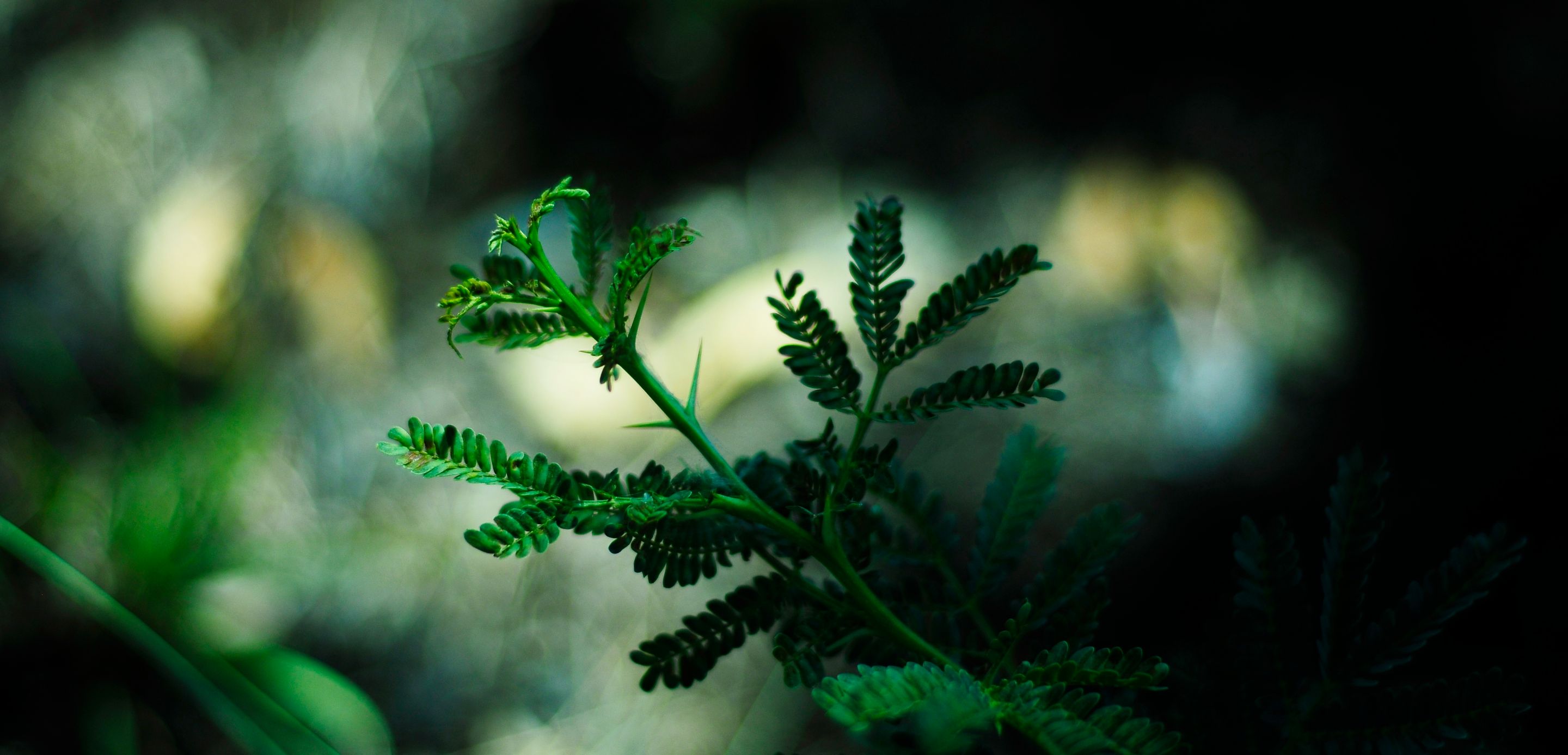<div class="text-justify">

# A Tactical Recap to the Fermented Ph.D. Dump
___
<center> [Dump I](https://peakd.com/hive-122108/@fermentedphil/fermented-ph-d-dump-situating) | [Dump II](https://peakd.com/hive-122108/@fermentedphil/fermented-ph-d-dump-hegemonic) | [Dump III](https://peakd.com/hive-122108/@fermentedphil/fermented-ph-d-dump-philosophical) | [Dump IV](https://peakd.com/hive-122108/@fermentedphil/fermented-ph-d-dump-how) | [Dump V](https://peakd.com/hive-122108/@fermentedphil/fermented-ph-d-dump-breaking) | </center>
___
<center> [Dump VI/Africa I](https://peakd.com/hive-122108/@fermentedphil/fermented-ph-d-dump-what) | [Dump VII/Africa II](https://peakd.com/hive-122108/@fermentedphil/fermented-ph-d-dump-what-fc1c646683737) | [Dump VIII/Africa III](https://peakd.com/hive-122108/@fermentedphil/fermented-ph-d-dump-again) | [Dump IX/Africa IV](https://peakd.com/hive-122108/@fermentedphil/fermented-ph-d-dump-the) | [Dump X/Africa V](https://peakd.com/hive-122108/@fermentedphil/fermented-phd-dump-returning-to-the-source) | [Dump XI/Africa VI](https://peakd.com/hive-122108/@fermentedphil/fermented-ph-d-dump-colonial) | [Dump XII/Africa VII](https://peakd.com/hive-122108/@fermentedphil/fermented-phd-dump-applying-decontextualised-philosophy-and-the-struggle-for-recognition) | [Dump XIII/Africa VIII](https://peakd.com/hive-122108/@fermentedphil/fermented-phd-dump-reading-albert-camus-in-a-south-african-context) | [Dump XIV/Africa IX](https://peakd.com/hive-122108/@fermentedphil/fermented-phd-dump-important-intercultural-tenets) | [Dump XV/Africa X](https://peakd.com/hive-122108/@fermentedphil/fermented-phd-dump-comparing-socrates-and-orunmila-via-comparative-philosophy) | [Dump XVI/Africa XI](https://peakd.com/hive-122108/@fermentedphil/fermented-phd-dump-conversationalism-as-a-method-of-practicing-african-philosophy) | [Dump XVII/Africa XII](https://peakd.com/@fermentedphil/fermented-phd-dump-conversationalism-as-a-method-of-practicing-african-philosophy-part-2) | [Dump XVIII/Africa XIII](https://peakd.com/hive-122108/@fermentedphil/fermented-phd-dump-conversationalism-as-a-method-of-practicing-african-philosophy-part-3) | </center>
___
<center> [Dump XIV/Africa XIV/Hermes I](https://peakd.com/hive-122108/@fermentedphil/fermented-phd-dump-introducing-serequeberhan-and-african-hermeneutic-philosophy) | [Dump XIV/Africa XIV/Hermes II](https://peakd.com/hive-122108/@fermentedphil/fermented-phd-dump-returning-to-serequeberhan-african-hermeneutic-philosophy-as-a-concretisingactualising-interpretative-ende) | </center>
----
# Introduction to yet Another New Series
The previous PhD series regarding Serequeberhan did not work out. I needed to focus all of my energy on producing the chapter, which was sent to my supervisors already. So I thought about creating a new series of PhD dumps in which I present my study and Obsidian notes of the series of lecture provided by the brilliant African philosopher Siseko Khumalo. I have been meaning to watch his lectures on the Black Digital Archive for a while now, and I started this morning. So in this new series, I will be giving you my notes I made on Obsidian (a note taking ap that uses markdown as well) in written format. These are my own notes, although it is about the lecture on YouTube. I also add various other authors that comes to my mind whilst I produce these notes. So the content in this post are my own, but it is notes I made from listening to the Lecture by Khumalo. The timestamps given in the post are at the moments where my ideas were written down. Sometimes my notes align with what Khumalo or the speaker said, other times it is my own notes and ideas. But I keep the timestamp in for ease of access to information if you want to listen to the post yourself.
So without further ado, please enjoy this rather lengthy post about the Black Archive.
<div class="pull-right">

</div>
# Introduction to the Black Archive: A Thinking with, about and for …
What would it look like if we began thinking differently, especially if we changed the terms of our thinking so that it incorporates a “thinking *with*, thinking *about*, thinking *for*..." (0:58). This is essentially then what the Black Archive (henceforth BA) is trying to do and conceptualise. It is about thinking about indigeneity and blackness; and how the indigenous is normally linked to the African continent, a notion that is constantly erased through various means (1:16). One that comes to my mind is the total eradication of what is seen as “Western” and a “return” to everything that is essentialised to be indigenous. The logic on which this is based is exclusionary, as it excludes various voices that was wrongfully appropriated by the West, which is in fact African or indigenous, and also those who have gone into discussion/dialogue with those from the West (think Frantz Fanon). These voices would be excluded from especially the BA when “everything West” is rejected. A more nuanced position needs to be taken. I will explicate this through the conceptualising of the BA.
# Conceptualising the Black Archive
When thinking about the Archive, the image of a storage facility like the Silo comes to mind. In this, one might be thinking about Blackness along with food, poetry, writing, music, and so on (4:30). How has food shaped so many cultures, and how has food changed over time for so many? One can ask the same questions regarding poetry, music, literature… All of these things shape and are shaped by cultures as time passes. It thus becomes necessary to archive “who we (blackness) are right now” as we are living today, especially beyond the narrow identification of trauma and oppression (5:05). It is true that various things like the last mentioned shape one’s identity, but it is extremely reductionist to think about these things as merely “responses to” racism or colonialism and so on. [Tsenay Serequeberhan, for example, said in his 2000 book, *Our heritage*,]( https://www.google.co.za/books/edition/Our_Heritage/lGXes2IISUYC?hl=en&gbpv=1&printsec=frontcover) that blues music should not be seen as solely a product of colonialism or racism. Instead, we need to understand it as something responding to racism, but which has a life of its own, organically growing from these origin moments.
Khumalo, however, gives one of the most striking and beautiful metaphors. The prosses of archiving, is creating a *storage* space (6:55) not just for “storage and excavating”; instead, it is a *storage for sowing* (7:26), we are thus providing living, lively, joyful potentiality that will fuel future endeavours more fully (7:30). [It is about *cultivating* (indigenous) knowledge, as Siphamandla Zondi said in a recent book, *Decolonising the human*.]( https://www.google.co.za/books/edition/Decolonising_the_Human/rMDeDwAAQBAJ?hl=en&gbpv=1&dq=decolonising+the+human&printsec=frontcover) The BA therefore becomes a place from where one sows (9:00). It is not a stagnant or dead past from which we try to salvage something; instead, it is alive, dynamic, active, inspiring new growth to organically develop from.
# Lack of Being Human; The Empty Subject in Western Philosophy
[The African psychologist Kopano Ratele recently stated that we cannot fully be “here” if we are fragmented,]( https://google.co.za/books/edition/The_World_Looks_Like_This_From_Here/of6rDwAAQBAJ?hl=en&gbpv=1&dq=ratele+from+here&printsec=frontcover) if our home language is not represented in academia, if our music traditions are unjustifiably excluded. If the BA works out, we can thus begin to think about “blackness” in its "fullness.” This therefor constitutes being full human beings, having a full ontology. Nothing is being wrongfully erased, nothing is missing from being “here” (4:40) and there is no unjustified reductionism that tries to render one either to the narrow confines of Western frameworks or simplistic ideas stuck in the past (5:40).
One of the reasons for this “fractured” state of being, or that we cannot be “full human beings” comes from the Western notion of thinking about blackness in a dichotomous way or in a duality, “white vs. black”, in which blackness constitutes the “other” or whiteness, blackness thus being a shadow to whiteness (5:00). And from here a host of different and negative binaries follow in which whiteness can be seen as relying in a fictional or mythical idea of blackness. This partially stems from Western philosophy conceptualising the “thinker”, “philosopher” or “author” as exclusively European; that is, being hetero-sexual cis-gendered white male. This figure, in some degree, does not have a history or a past (22:52). The reason for this is the wrongfully appropriated history it claims to be its own. It is well known in philosophy that Aristotle and other ancient Greek philosophies survived because of the influence of the Islamic philosophers. Usually, the story is told that they persevered these authors, but it is conveniently left out that these Islamic philosophers went into conversation with these Greek philosophers, that they also had their own philosophical traditions, and so on. Descartes, Kant, Hegel, and all of these Western philosophers taught in academia, always possesses vast amounts and wealth of knowledge but somehow this comes from nowhere (23:15). It is as if these authors spring forth, out of nowhere, and that they are not talking to anyone else. The reason for this is that the thinker is delinked from the conversations they are having (with whom was Kant in conversation? from where did he get his knowledge?) and it subsequently **devalues** our ability to learn from them because knowledge is always given in such a way as to be **external/extrinsic** (24:20).

# A Rediscovery and Return to the Ordinary as a Source for Knowledge
Khumalo ask a wonderfully important question: “In denying other's their fullness (of being human), what are we then denying ourselves?” (21:30). There are so many consequences one can list, but what the authors state is that we will deny ourselves from going into conversation with the lineage of these thinkers, they are coming from somewhere and talking to others. They are not just coming out of or from nowhere, they are discussing it from here, now, and in conversation with others (21:40). There are also the inherent dangers of not knowing where different knowledge systems come from (22:35). Khumalo here introduces one of his own ideas or terms which is the need to reclaim the **”ontological legitimacy of blackness”**. Through this process there is a declaration, an announcement that: "we are worthy in and of ourselves as black folk" (24:37). There is thus a need to be taken seriously, that one’s problems and questions are also legitimate and not merely a derivative or made to be lesser in value.
One way of doing this, of announcing that one’s presence is also valuable is to return and rediscover the value and importance of the ordinary (9:50). Usually, and especially in academia, theory is seen as being “world changing” and "big thinking" (10:35). This way of thinking about knowledge and theory then **excluded** especially black women because they wrote *stories/fiction* which focused on what can be seen as domestic ideas (10:44). But when we return to the ordinary, especially by regarding it as important and as a sight of knowledge, the ordinary ***declares*** itself to be theory (10:50). We can thus begin to “intellectualise, theorise, and create from the ordinary” (11:30). This is mostly neglected in contemporary academia, as there is the almost exclusive focus on theory being cerebral or abstract, thus devoid of ordinary life. The global North does not view the *mundane*, an *ordinariness* as sites of - knowledge and theory (13:10). The familiar is never linked to philosophy/knowledge (39:32). Philosophy and knowledge are always “at a distance”, especially from ordinary life. With the BA there is a distinct focus and return to the ordinary as a site for knowledge cultivation.
# What are we Losing by Lying to ourselves?
In the same publication as mentioned above, [Ratele tells us that if we are not speaking our home language to each other we are essentially lying to each other, deluding each other.](https://google.co.za/books/edition/The_World_Looks_Like_This_From_Here/of6rDwAAQBAJ?hl=en&gbpv=1&dq=ratele+from+here&printsec=frontcover) We are forfeiting the opportunity to explain ourselves in familiar concepts. And Khumalo asks us a similar yet important question: “**What is modernity doing to us, to the condition of our ontology, metaphysics?**” (15:45) Modernity in this instance is used to refer to the predominantly Western-centric and Euro-American-centric way of life that gets exported to various other parts of the world. So, in effect, he is asking us what are we losing if we adopt Western ways of being in Africa? First, and foremost, as we already noted above, it is a loss of the ordinary and the mundane. More explicitly, we lose the mundane as a site of knowledge cultivation, from which beautiful new knowledge could have sprung (17:20). We are thus losing those who are forced due to their circumstances to “domesticity”, from seeing themselves as site of knowledge and philosophies (17:45). We are thus losing these voices from participating in the dialogue or conversation. The BA, obviously, wants to return to the ordinary as sites of knowledge and add them to the conversation.

# What Now? Re-membering Languages and What it Means to Be Writing from Here
We can thus ask, what now, what can we do with this newfound knowledge, today, here (25:30)? What can we do with the translations now added to the BA (25:40)? One answer is to point to the “re-membering” of languages. This particular phrasing comes from [Brian Sibanda in reading Ngũgĩ wa Thiong’o’s seminal work *Decolonising the mind*, also published in the recent published book *Decolonising the Human*.](https://www.google.co.za/books/edition/Decolonising_the_Human/rMDeDwAAQBAJ?hl=en&gbpv=1&dq=decolonising+the+human&printsec=frontcover) With this idea, a double image is created. Remembering languages erased by colonialism constitutes a re-membering, in the sense of gaining a limb that was taken away, and re-membering in the sense of anew becoming apart of one’s tradition or culture. Khumalo states beautifully that "Language becomes a process through intellection of theorising" (26:25). The loss of a language is on par with a loss of identity, loss of a limb, loss of one’s own sense of being (27:35). Re-membering a language thus helps with facilitating the process of becoming, becoming a human, becoming a citizen (37:30).
But language can also be used negatively, especially by the powers that be that tries to erase differences and create hate/racism. Herein lies the negative function of language (35:20), and one can also identify the aspiration of becoming white through the constant reminder in literature of the benefits of being white (38:00). In a memorable line, Khumalo states that "you become an image either that has been created of you want to become anything but that image that has been created of you" (37:40). And this is the sad truth about so much of academia today. It asks of the person entering its halls to lose all of its humanity. For those who conform to white or Western ways of being, this “shock” is not so bad as this is what most are used to. But the experience for, in this case, the black African is different. It asks of them to forget and erase every aspect of their very being, from language to ways of living, to enter this so-called sacred space. Nontshokweni in responding to Khumalo states beautifully what is expected of especially black Africans when they enter the educational space. They are asked to
> "drip yourself dry of your being so that you can enter into that space and everything that you have suddenly becomes meaningless, you are baseless, you are just [a] darkened grave" (40:40)
This emphasises the idea that you as a student or learner of Western academics need to be as far away as possible from who they are to enter this space (41:00).
And this comes to the heart of the whole talk that culminates at the 43:00-minute mark. What does a philosophy that emerges from seemingly nowhere tell us about living here on the African continent? How does it help us in understanding our experiences of say being oppressed by foreign currencies and geo-politics? What does it tell us about ourselves? It does not give enough weight to the “ontological legitimacy of the political project of home,” as Khumalo states (43:45) In the end, it is about daring to see ourselves through the lens of our own making (46:00) And thus the need for the BA to situate the discussion and make us more contextually aware. But also to “feed” the process of cultivation, in order to help sow even more potential for change and understanding ourselves.
# Sources
- [Siphamandla Zondi, *Decolonising the human*.]( https://www.google.co.za/books/edition/Decolonising_the_Human/rMDeDwAAQBAJ?hl=en&gbpv=1&dq=decolonising+the+human&printsec=frontcover)
- [Tsenay Serequeberhan, *Our heritage*,]( https://www.google.co.za/books/edition/Our_Heritage/lGXes2IISUYC?hl=en&gbpv=1&printsec=frontcover)
- [Kopano Ratele, The world looks like this from here,]( https://google.co.za/books/edition/The_World_Looks_Like_This_From_Here/of6rDwAAQBAJ?hl=en&gbpv=1&dq=ratele+from+here&printsec=frontcover)
- [Brian Sibanda, *Decolonising the human*.]( https://www.google.co.za/books/edition/Decolonising_the_Human/rMDeDwAAQBAJ?hl=en&gbpv=1&dq=decolonising+the+human&printsec=frontcover)
- [Siseko Khumalo and Sihle-Isipho Nontshokweni, *Pilot: Definitions of the Black Archive and its Digital Footprint*]( https://www.youtube.com/watch?v=D4mzshyc-bM)
# Postscriptum, or Thank Goodness it's Done
This post is probably one of my longest so far. I did not know I would write this much, but once I started writing, I could not stop. As noted, this post is based on my Obsidian notes, which is based on the lecture of Siseko Khumalo and Sihle-Isipho Nontshokweni. They are both extremely well spoken and articulated. I thoroughly enjoyed the lecture and I hope that you will listen to it as well.
For now, happy learnings, and keep well.
*This post consists of my notes taken from Obsidian, which is based on the lecture and other sources linked above. I do not claim that the original ideas are my own, merely that the notes that I made and converted into the cohesive piece of writing, is my own. The opinions and thoughts in the post might thus not align with the original authors. All of the writings and words that are not my own are either hyperlinked, put into quotation marks, or stated other wisely. The photographs are my own, taken with my Nikon D300.*
</div>
 hiveblocks
hiveblocks